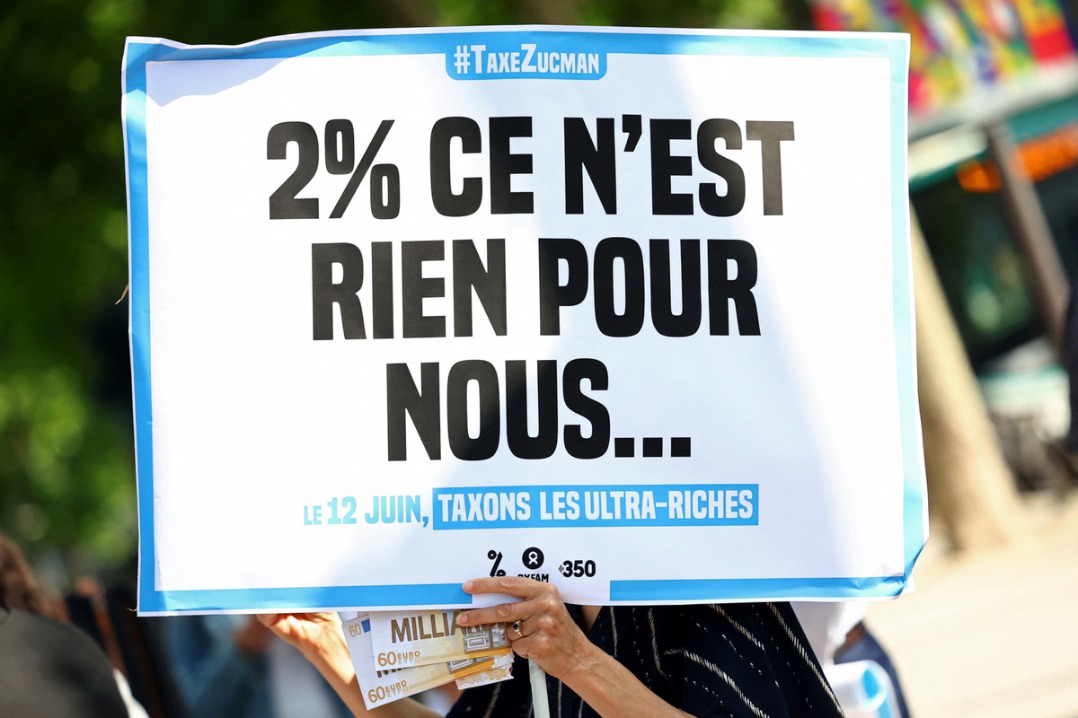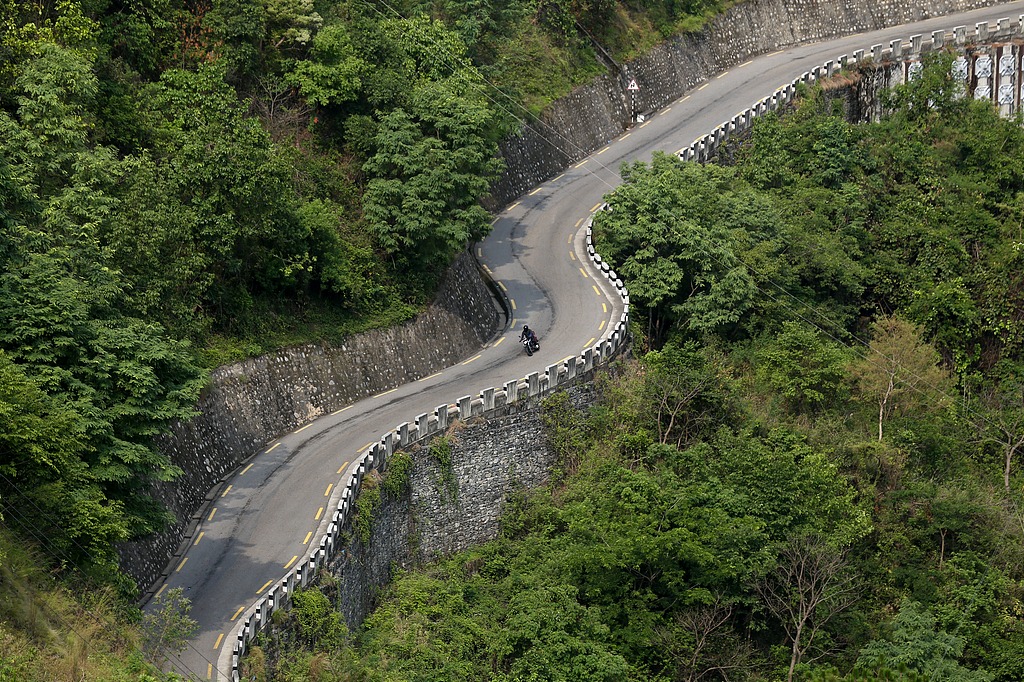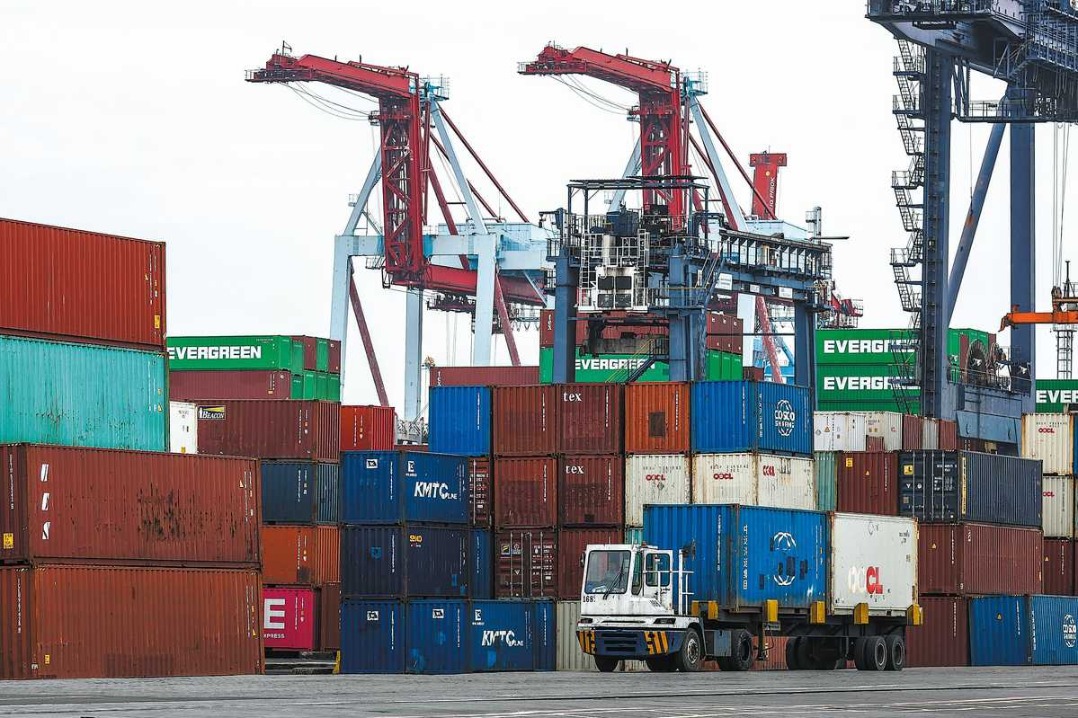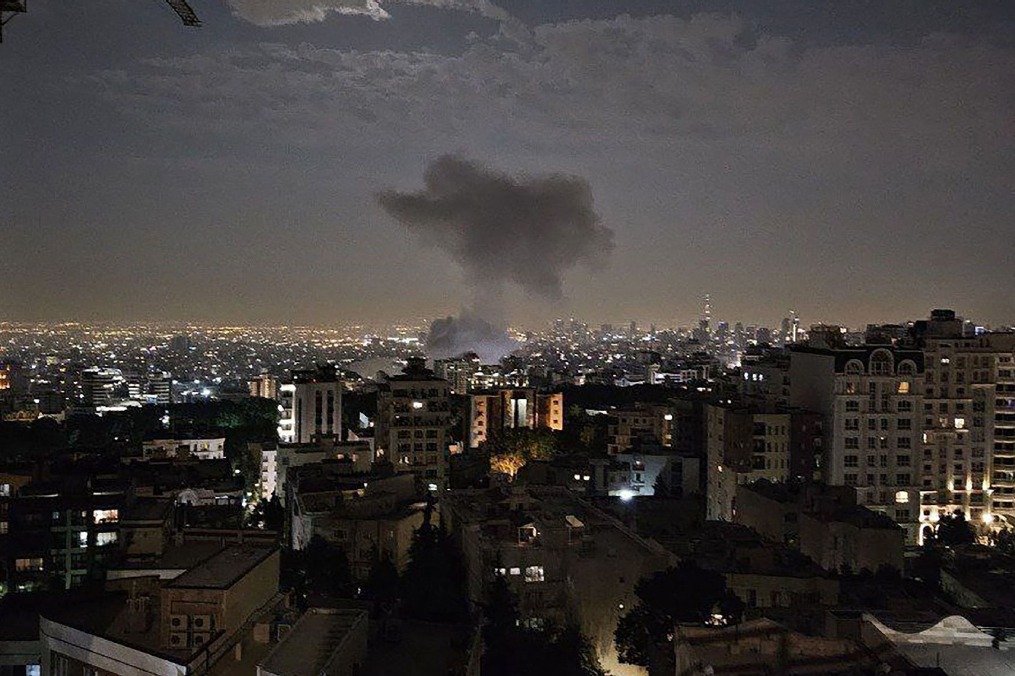Kenya joins Africa’s mpox fight as regional cases surge

Kenya is intensifying its public health response after confirming nine new monkeypox infections, becoming the latest country to join a growing list of African nations battling a resurgence of the virus.
With the national tally now at 137 after the new cases were reported on June 9, Kenya's health officials have launched widespread screening, deployed door-to-door case finders, and 15 million public health advisories to the public through text messages to raise public awareness.
The outbreak, once largely contained along the Kenya's Northern transport corridor, has now expanded, prompting stronger surveillance and a renewed call for vaccine equity across borders with health officials stating that the virus, is now appearing in more counties, raising concerns over wider community transmission.
"We've screened over 4.8 million travellers at our entry points, tested 597 samples, and 137 have returned positive," said Mary Muthoni, Kenya's principal secretary for public health. She noted that about 400 contacts have been traced, with 315 completing the required 21-day monitoring period.
However, the challenge is not Kenya's alone. On the other side of the continent, Liberia is facing a sharp rise in mpox cases. Liberia's national public health institute has identified 69 active cases out of 870 suspected nationwide as of June 2.
In response, the Liberian government has issued public health advisories urging schools, markets and transport operators to install handwashing stations and limit crowd sizes.
Also, in Sierra Leone, the situation has become more urgent with the country recording more than 3,800 confirmed cases and at least 20 deaths as of June 11, making it one of the worst-hit nations on the continent, according to WHO special programme for research and training in tropical diseases.
Ibrahim Franklyn Kamara, Sierra Leones's WHO mpox case management lead, said over 700 health workers have been trained in the country, and isolation units have been expanded nationwide to curb the spread.
Sierra Leone now accounts for 63 percent of all new mpox confirmed cases in Africa, according to the Africa Centres for Disease Control and Prevention or Africa CDC, which described the rise as "exponential".
The outbreak comes at a time when vaccine supplies remain critically low across the continent. WHO reports that while Africa needs an estimated 6.4 million doses, it has received only a fraction, leaving countries to ration their limited stocks, focusing vaccinations on the most affected districts.
As countries respond with door-to-door tracing, upgraded isolation units, and revised emergency protocols, health experts warn that regional cooperation—especially along busy trade routes—is now key to containing the virus's spread.
At a recent International Health Regulations meeting on June 9, WHO Director-General Tedros Adhanom Ghebreyesus reaffirmed that mpox still meets the threshold of a public health emergency of international concern as stipulated in international health regulations.
































